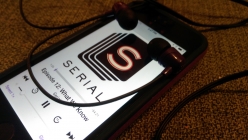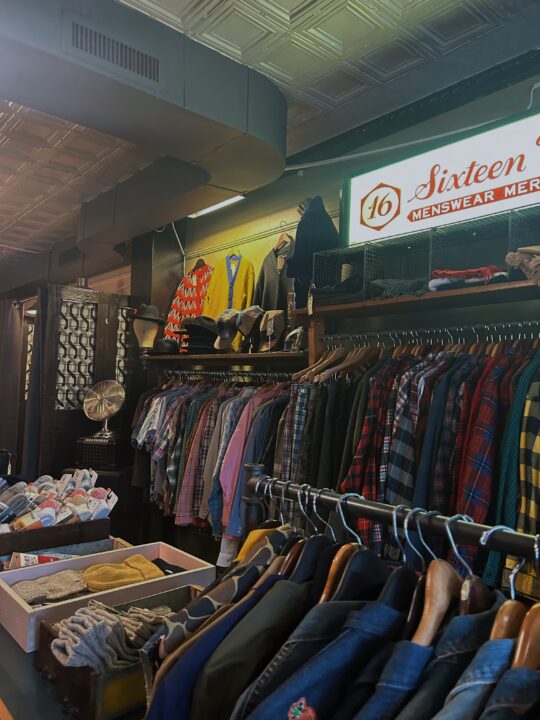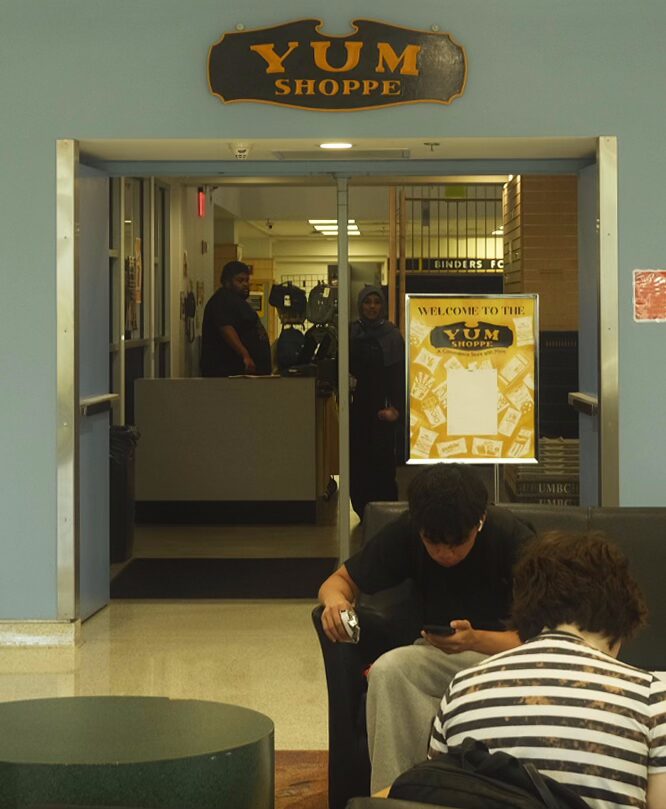In autumn, when the sun starts setting earlier each day, some college students crave a thrilling story that will keep them looking over their shoulder. This is especially true when Halloween is near. In October 2014, political reporter Sarah Koenig released a podcast that not only appealed to those with a passion for investigative journalism, but also lured lovers of chilling mysteries.
According to the online global news organization The Guardian, Koenig’s Serial (a spinoff of the This American Life radio documentary) is the fastest podcast to attain 5 million iTunes streams and downloads. Until December 2014, in the twelve 30-50 minute episodes, Koenig detailed the case against Adnan Syed, the then-high school student convicted of the murder of his 18 year-old ex-girlfriend Hae Min Lee.
Syed and Lee were both students at Woodlawn High School in Baltimore County, where Lee was last seen alive on Jan. 13, 1999. After a month of searching, Lee’s body was discovered in Leakin Park. Not long after, Syed, who had no solid alibi, was arrested for the murder. Syed is currently serving a life sentence plus 30 years in Cumberland, Md.
As reported in an article written by Penn State University student Lauren Blum for USA Today, some criticized the way Koenig narrates the events surrounding Lee’s murder as though she is one of the characters in the story. UMBCs Dr. Steph Ceraso, an English professor who teaches in the communication and technology track, reiterated that Koenig expresses her bias due to her relationship with Adnan multiple times.
Last semester, Ceraso incorporated Serial into the syllabus for her English 300 class to help students learn how to structure an audio narrative. Regarding the criticized reporting style, she felt that Koenig was continuously self-reflective on the podcast, making Serial, “more honest and authentic than so-called ‘objective’ reporting.”
The Maryland Court of Special Appeals granted an appeal to Syed on Feb. 6, 2015 that will be heard in a new court session in June. For those who may be quick to assume that the appeal was granted due to the popularity of Serial, the paperwork was filed back in Jan. 2014, months before Serial was broadcasted.
Even so, one piece of vital evidence was uncovered by Serial. A new affidavit (a written statement confirmed by oath) has been filed by Asia McClain, a former peer of Syed’s at Woodlawn, who learned what an impact the information she had could make after listening to the podcast.
The document places Syed with McClain in the library across from their high school at the time the state claims Syed killed Lee. This information was disregarded by both the state prosecutor and the defense team in 2000. Today, McClain insists that she never denied this statement and early evidence of the declaration can be found in the letters she wrote to Syed in March 1999.
Many who expected to tune in to Serial solely for entertainment purposes now find themselves perplexed by the multiple mysteries and unsolved puzzles in Syed’s case. The fact that this source of entertainment has brought the defense a new piece of evidence that may help to prove Syed’s innocence is a surprise that listeners—and Syed’s family—couldn’t have expected.




